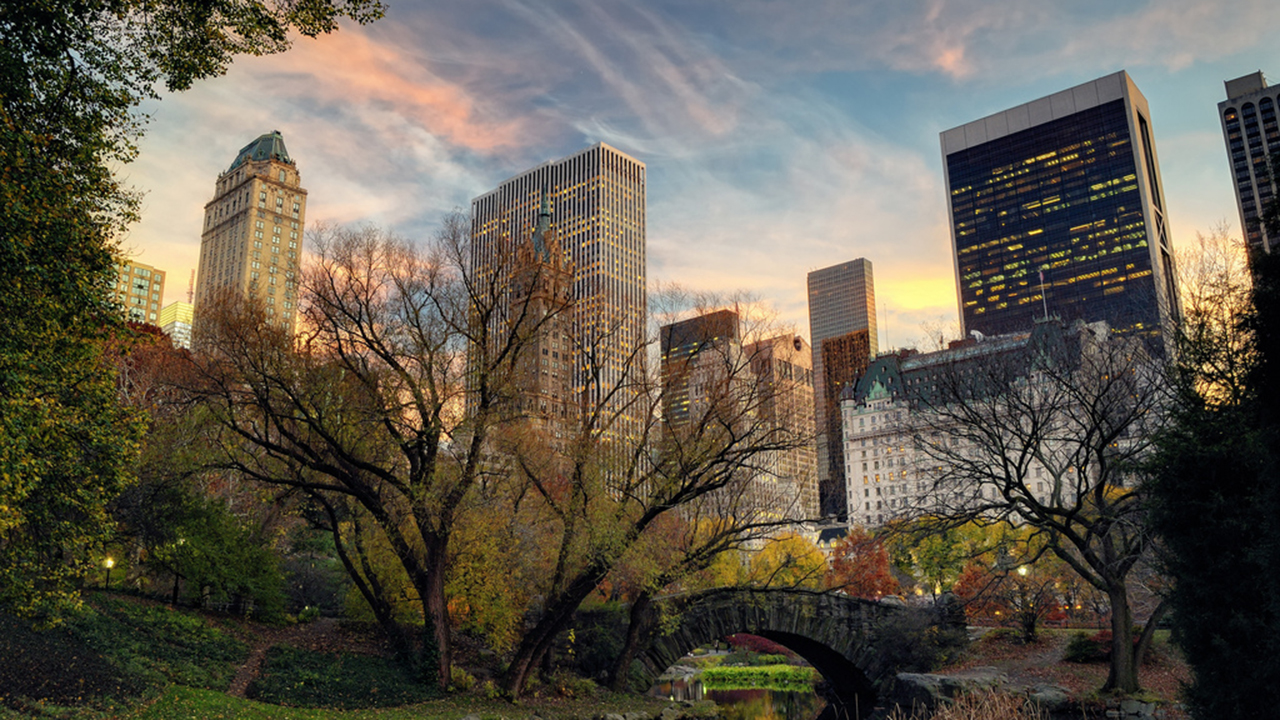In the past year, city officials have turned up the heat on Airbnb, arguing that it encourages people to operate illegal hotels and closes off available housing to city residents. A recent map of Airbnb’s data shows that, indeed, there are a disproportionate number of listings that seem to support the city’s theory. But a new report by Crains suggests that the advent of the room-sharing service has also, perhaps inadvertently, helped draw attention to an existing problem that officials can no longer ignore.
Crains reports on a building called the Branson, advertised on Bookings.com as “5th Avenue Suites” near Central Park that are available to rent just shy of the average hotel rate of $300 per night. The Branson, however, is not a hotel. It is a residential building run by a developer who apparently owns several similar “illegal hotel operations.” The owner, Salim Assa, was recently sued by the de Blasio administration.
Though residents in Assa’s Branson building have been extremely vocal about the conditions, one advocate says that the city’s attack on Airbnb has forced officials to listen to residents who have been complaining about similar practices for years:
“In a way, Airbnb helped us,” said Tom Caylor, a writer who became a tenant advocate after his apartment building in Hell’s Kitchen turned into an illegal hotel. “For so many years, we were saying this is bad, and now elected officials are not looking the other way.”
Furthermore, a listing on the Branson would be harder to come by on Airbnb because, as Crains notes, the site “requires the resident of the apartment to post a personal profile and to communicate with guests directly,” as opposed to Bookings.com, which is an anonymous listing.
But the fight between the residents of the Branson and its owners also illustrates how unequipped the city is to handle authentic complaints, regardless of their origin:
Tenants in buildings like the Branson accuse the mayor’s understaffed Office of Special Enforcement (OSE) of failing to put the largest illegal hotels out of business. A raucous City Council hearing in January captured their frustration. Tenant advocates said short-term apartment rentals take much-needed housing off the market, and elected officials accused the de Blasio administration of not doing enough to control the problem.
That frustration is reflected in the 40% growth in complaints about illegal hotels, to 1,000, in 2014. The Branson accounted for nearly 10% of the complaints, thanks to 15 tenants, a group of senior citizens who made it their mission to fight back.
Some, like Upper East Side Councilman Ben Kallos, think that the mayor’s office is not doing enough to prevent illegal hotel operations. Kallos wants to create a new category on 311 for complaints about illegal hotels and concerning listings on sites like Airbnb and Bookings.com.
The mayor’s office defended itself by saying that they have always been responsive to these concerns. Said spokesman Wiley Norvell, “When we have a bad actor putting people’s safety at risk, we’re going to go after them.”
(Photo: Andrew Mace)


